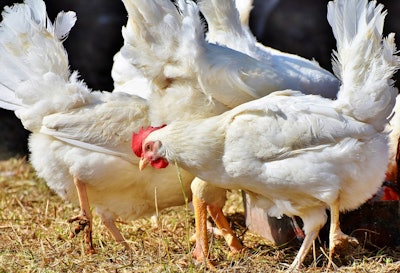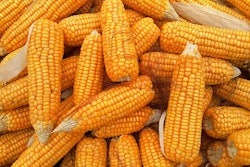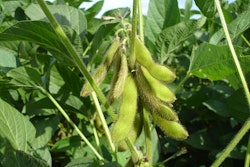
China Sourcing Chicken from Thailand, Argentina Shipping Beef
Poultry exports from Thailand to China have surged this calendar year.
From January to July, poultry exports totaled 33,500 tonnes to China, well above last year’s total at 4,100 tonnes.
Thailand regained meat access to China’s market in March 2018 after having been barred since 2004 because of bird flu.
Argentina recently surpassed Brazil in total beef exports to China.
Argentina’s beef sales to China have more than doubled the first seven months of the calendar year.
For the calendar year, Argentina holds 21.7 percent of China’s beef import market compared with Brazil at 21 percent.
FBN’s Take On What It Means: China is expected to continue to import larger volumes of proteins as African swine fever remains a threat to its pig herd. Unfortunately, with the ongoing trade war and due to other restrictions, the U.S. is not able to take full advantage of China’s protein needs although sales of pork are up notably. China is expected to continue to diversify its sources of protein. The U.S. may also indirectly benefit from China’s outsourcing, especially from countries like Thailand, which may need to back-fill protein or may have a demand boost in feed-stuffs.
EU Rapeseed Crop Lowest in Over a Decade, but US Unlikely to Benefit
Rapeseed area declined by nearly 20 percent this year for the EU, trimming production significantly.
This is the smallest rapeseed crop since the 2007/08 crop year.
Other oilseeds are not expected to be able to make up the difference for total oilseed production in the EU.
The decline in production is expected to result in larger imports.
FBN’s Take On What It Means: With a major decline in EU rapeseed production, the EU is expected to look to other sources to offset losses. For rapeseed, the EU will import from Australia and Ukraine, but also will likely turn to Canada. The EU is expected to have a boost in soybean meal imports for 2019/20, but, consequently, this could lead to smaller soybean imports. The EU leaned on the US for the majority of its soybean imports in 2018/19, based on pricing. FBN is slightly less optimistic for total US export prospects and does not expect the significantly reduced rapeseed production to result in a notable boost to US soybean exports.
The risk of trading futures, hedging, and speculating can be substantial. FBN BR LLC (NFA ID: 0508695)














